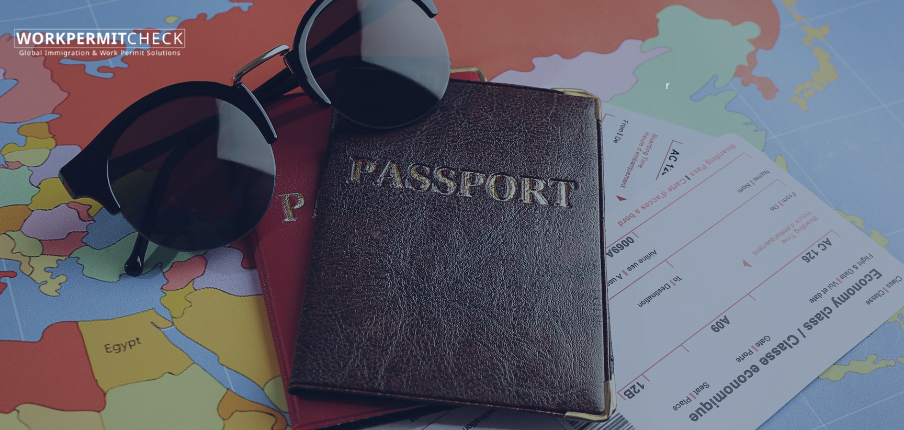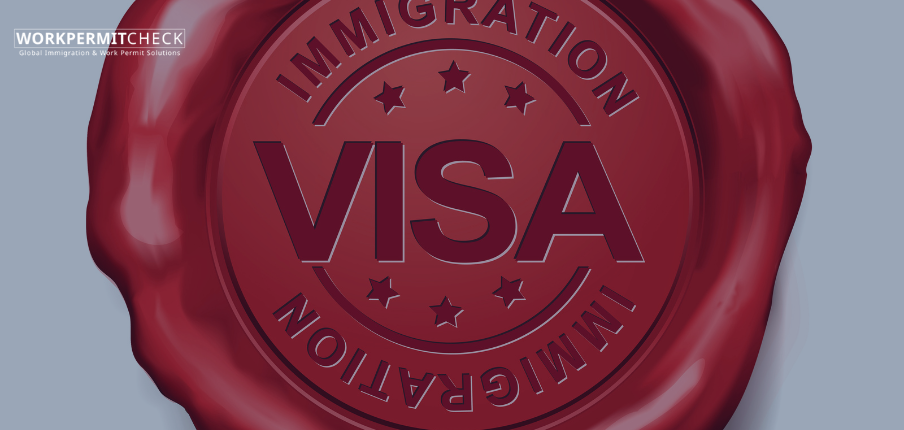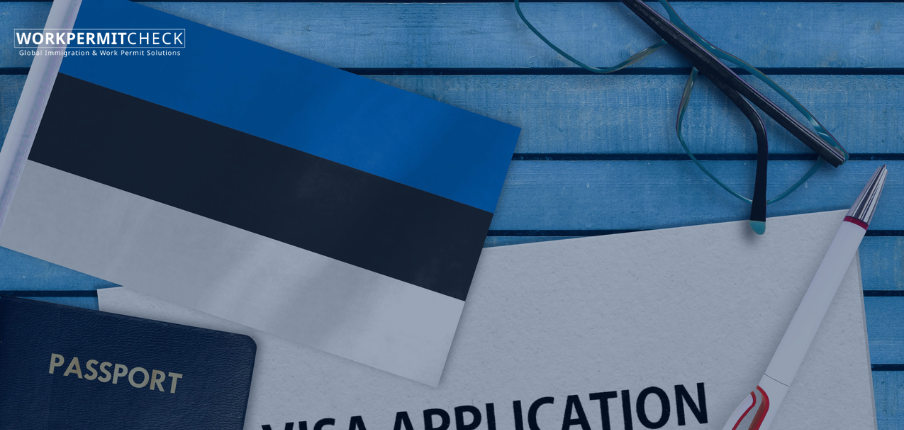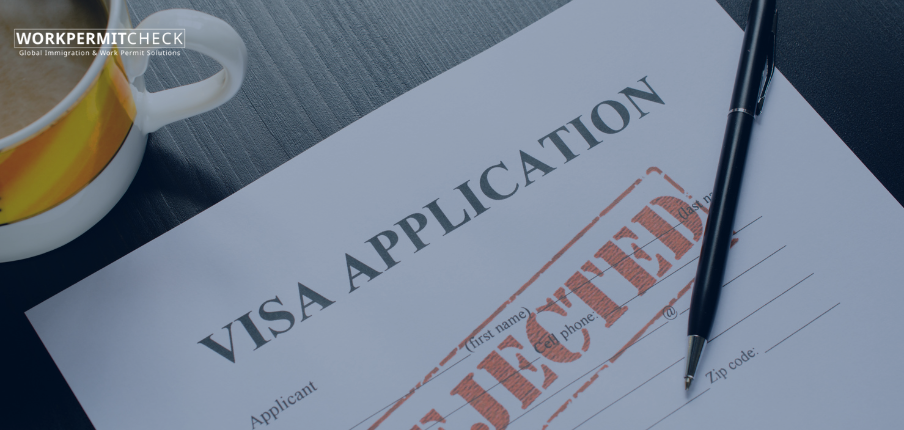Facing a deportation order can be one of the most stressful experiences for any foreign national living in Austria. Whether the order results from an expired residence permit, visa overstay, criminal conviction, or other immigration violations, it is crucial to know that you have rights and legal remedies.
Austria has clear procedures in place that allow you to appeal a deportation decision if you believe it was unjust or if there are strong humanitarian or legal reasons to remain in the country.
Below is a step-by-step guide explaining how the deportation appeal process works in Austria.
What is a Deportation Order?
A deportation order (Ausweisung or Abschiebung) is an official administrative decision requiring a foreign national to leave Austria. It may also include an entry ban that prevents you from returning to Austria or other Schengen countries for a specified period.
Common reasons for deportation include:
-
Overstaying a visa or residence permit.
-
Working illegally without the correct permit.
-
Criminal convictions or threats to public order and safety.
-
Violating other immigration conditions.
Do You Have the Right to Appeal?
Yes. Under Austrian law and EU law, you have the right to appeal a deportation order. The appeal process aims to ensure that the decision is reviewed fairly and that your individual circumstances are properly considered.
How to Appeal a Deportation Order in Austria
1. Read the Decision Carefully
The deportation notice should include the reasons for deportation, any entry ban, and the deadline by which you must leave the country. It will also state the legal basis for the decision and explain your right to appeal.
2. Observe the Appeal Deadline
There is a strict deadline for lodging an appeal. In most cases, you must file an appeal within two weeks (14 days) of receiving the deportation order. Missing this deadline can make it much harder to contest the decision.
3. Prepare Supporting Arguments and Evidence
An appeal should address the reasons for the deportation order and explain why it should be overturned. Common grounds for appeal include:
-
Humanitarian or family ties in Austria.
-
Risk of danger or persecution in your home country.
-
Incorrect or incomplete assessment of your case.
-
Procedural errors in how the deportation decision was made.
Include all relevant documents: proof of family relationships, employment, integration efforts, medical records, or other evidence that supports your claim.
4. Submit the Appeal to the Correct Authority
Appeals are generally submitted to the Federal Office for Immigration and Asylum (Bundesamt für Fremdenwesen und Asyl - BFA) or the relevant Administrative Court (Verwaltungsgericht). The exact procedure depends on the specifics of your case and the original authority that issued the order.
5. Attend Hearings if Required
In many cases, the Administrative Court will hold a hearing to review the appeal. This gives you (or your legal representative) an opportunity to present your case in person and respond to any questions.
6. Wait for a Decision
The court will issue a written decision. If your appeal is successful, the deportation order may be canceled or postponed. If the appeal is rejected, you may face deportation unless you pursue further legal remedies.
Can You Get Legal Help?
Yes. It is highly recommended to work with an immigration lawyer experienced in Austrian immigration and asylum law. An experienced lawyer can help you understand your rights, prepare your appeal, gather evidence, and represent you during hearings.
Can You Stay in Austria During the Appeal?
In many cases, lodging an appeal suspends the deportation order until a final decision is made. However, this is not automatic in every situation. Always check the details in your deportation notice and confirm with your lawyer whether you have the right to stay during the appeal process.
Final Thoughts
A deportation order does not always mean that you must leave Austria immediately. The right to appeal is an important safeguard that gives you a chance to argue your case and present new information. Acting quickly, seeking legal help, and preparing a strong appeal can make a significant difference in the outcome.
Disclaimer: This blog post is for general informational purposes only and does not constitute legal advice. Immigration laws and procedures in Austria may change. Always consult a qualified immigration lawyer or official sources for advice tailored to your specific situation.
July 17, 2025














































































































